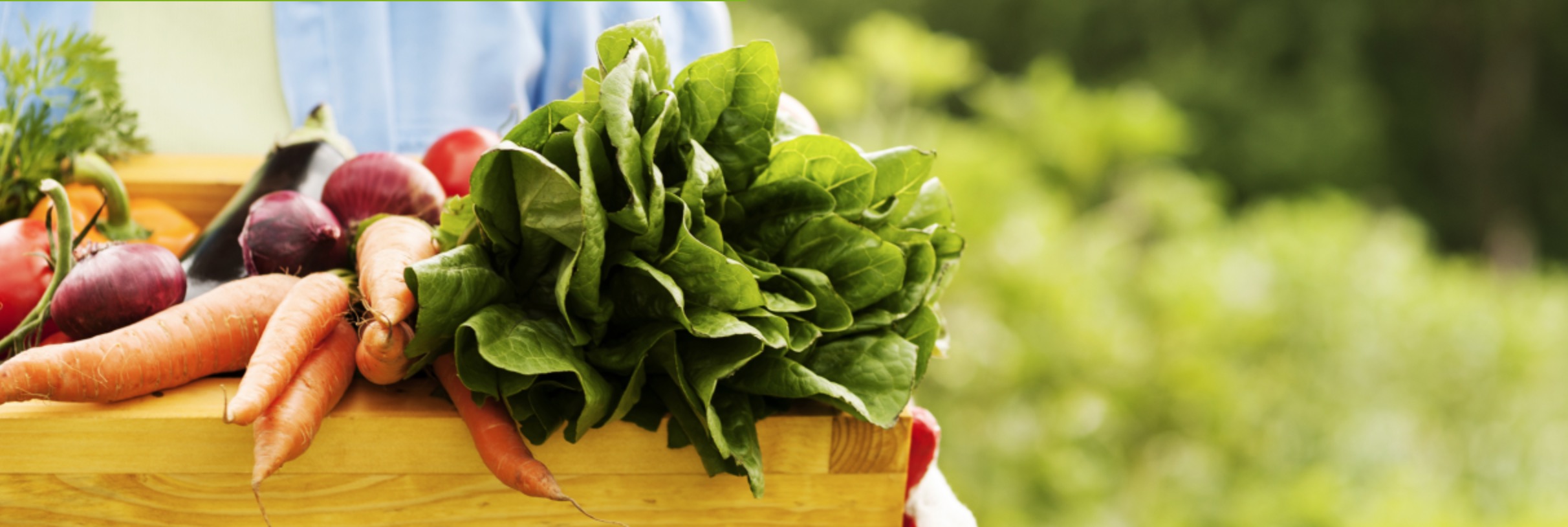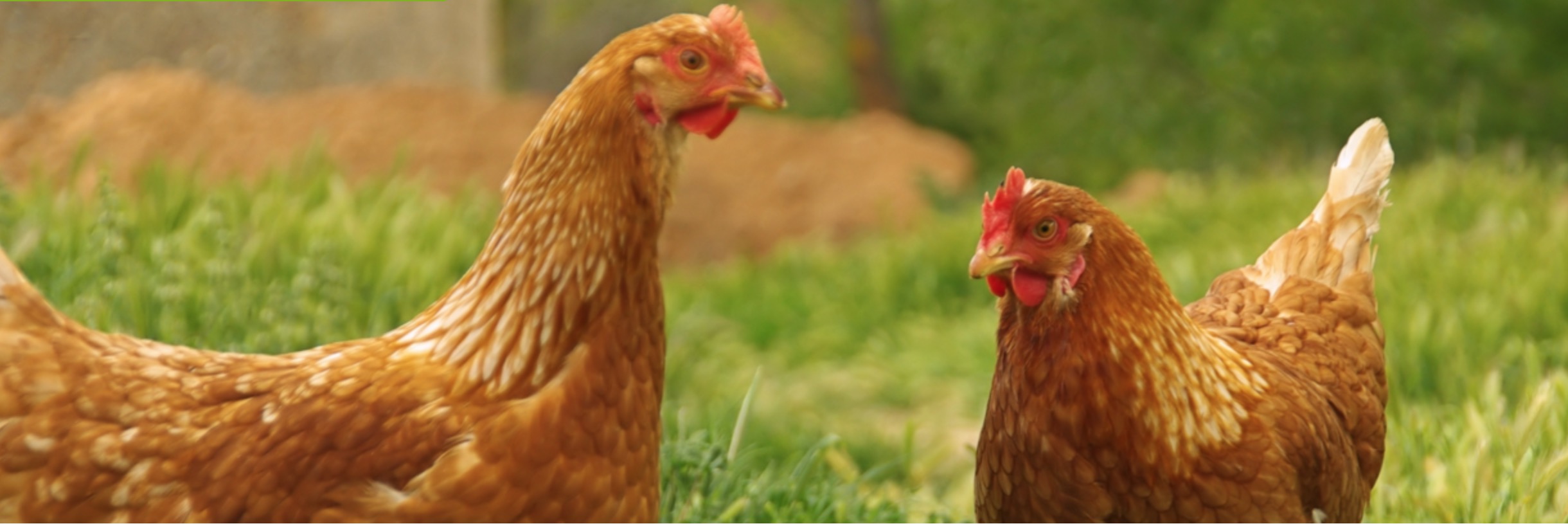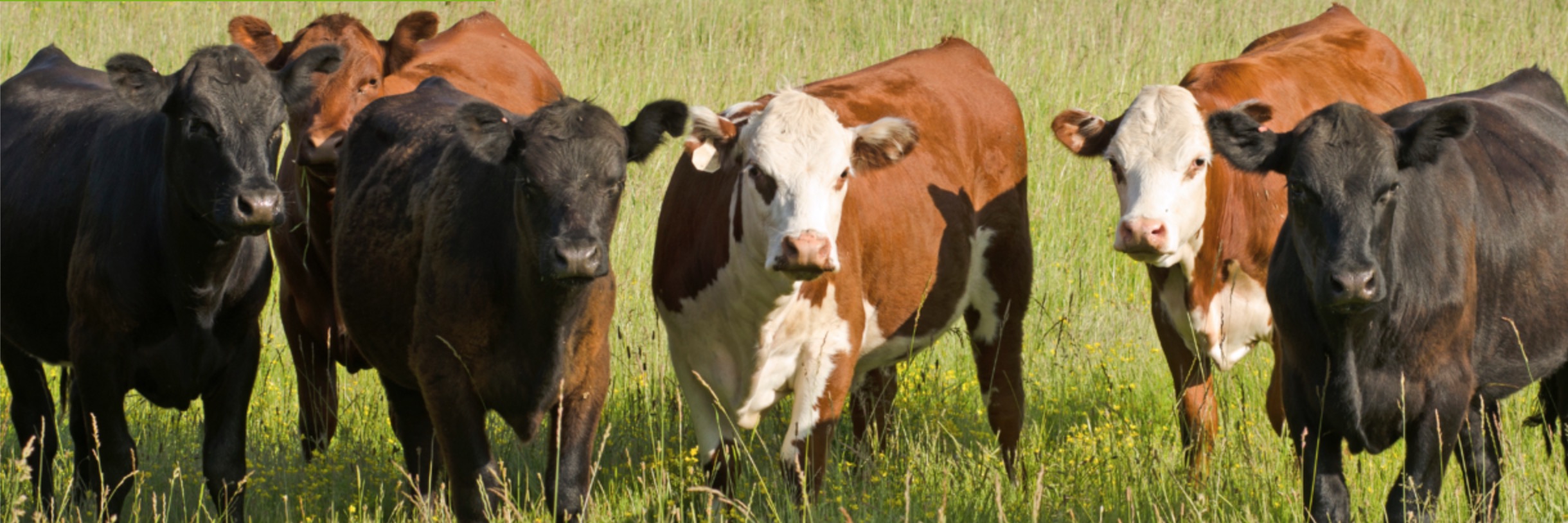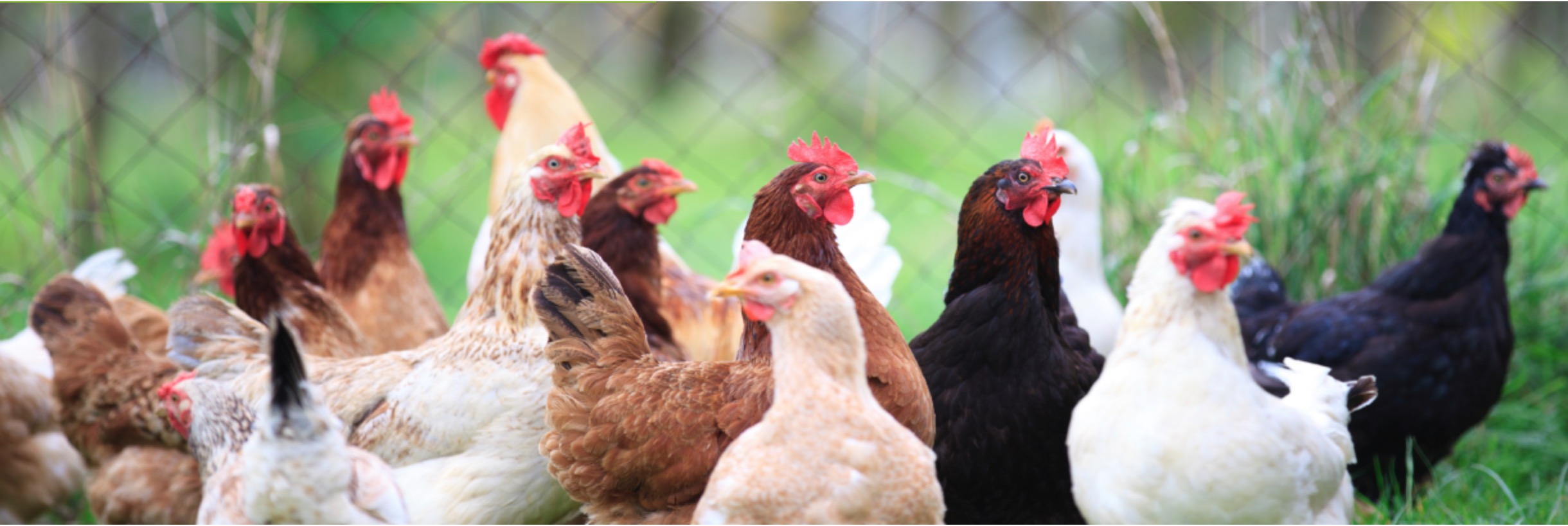To make real and lasting positive change happen in the agricultural sector in Africa for women entrepreneurs, it is important to have great role models. Mavis Nduchwa, the force behind successful agribusiness Chabana Farms, is one such role model. She is harnessing the power of technology and innovative new methods to make a difference in her business.
Meeting young entrepreneurs in the agri-business sector from Africa is always a pleasure for Lionesses of Africa, and on 16 November, founder Melanie Hawken met with young woman agri-entrepreneur, Mavis Nduchwa, who is a bright prospect for the future in the Botswana farming sector.
Tell us a little about your business, Chabana Farms
I am a youth farmer in Botswana and I do integrated farming, although at the moment, my key focus is on poultry and I supply eggs. My family owned enterprise, Chabana Farms, is located in Semitwe Village, in the Tutumwe sub-district of Botswana.
"To be a woman farmer is challenging because, firstly, not many women are farming commercially."
What makes Chabana Farms different?
Our fresh foods come straight from the patch. We believe in non-GMO dairy products and environmentally friendly production. We have cutting-edge customer service and we believe in creating a lasting relationship with our customers and one that cares for their health and wellbeing. Our pork and beef is organically produced, and all our vegetables are organically grown, meaning they are the best tasting products on the market.
How challenging is it being a woman farmer in the agricultural sector in Africa?
To be a woman farmer is challenging because, firstly, not many women are farming commercially. So what we are trying to do is encourage other women to come and join us in the farming sector. Culturally, women are expected to be at home here in Botswana, keeping the home and family in tact, but when it comes to business, men are traditionally at the forefront. So, we are now trying to encourage women to believe that they too can be in business. However, being a woman there are many challenges to be overcome, such as access to finance and access to ownership of land, because in most cultures not many women can actually own their own land, it is only men that can own land. So we are trying to change mindsets in the country by showing practically that women can be in business in the agricultural sector and, importantly, can succeed.
"The vison for Chabana Farms is to not only provide food for the nation but to empower individuals in the community. We want to turn Chabana Farms into a well-known brand, both locally and internationally."
How did your entrepreneurial journey start?
I got into farming because I grew up in a farming family, but they were doing it in a more traditional way. So growing up, I realised that I could be a farmer too, but in a more commercial way. I knew that if I harnessed the power of technology and the bit of knowledge I had in that space, that I could try and improve on the methods traditionally used in the farming sector and create a more commercial farming venture. This approach meant that I could also empower other women through my efforts and employ people from around the village.
At the moment, a lot of women are still doing traditional farming using the old fashioned methods but purely for domestic consumption. We are trying to pass on our knowledge and experience of using new techology and approaches to doing things in order to help them to improve. As you know, the climate has changed, so we need these new techniques that will help us to introduce more smart farming to Africa. So, that is what we are trying to encourage other farmers to do.
You have been participating in the Ampion Venture Bus Tour around Southern Africa. How valuable is it to be involved in an environment with lots of other ambitious young entrepreneurs, all pitching their new business ideas and brainstorming their new business ventures?
It has been very valuable to me and my business going forward because firstly you meet lots of different people from different places; you get to share ideas; and you are able to see the challenges they are facing which might be very similar to your own. In a way it is very encouraging because it gives you the additional energy you need to keep moving forward. In my case, I have the challenge of being a youth farmer and having to battle the perception that farming is for older people only, and constantly having to change the mindset of others. But, initiatives such as this Ampion Venture Bus Tour which is focusing on the young entrepreneurs who want to make a difference in the agricultural business sector, shows that we can do things in a much better way by harnessing new technologies and finding more innovative ways of doing things.
"We are trying to change mindsets in the country by showing practically that women can be in business in the agricultural sector and, importantly, can succeed."
What advice would you give to other young entrepreneurs who are perhaps considering starting a business in the agricultural sector?
I would say to the youth out there to just go and do it. There are so many new techniques and platforms to use in terms of technology, so you can take advantage of your knowledge in this space and start farming. Go into agriculture as a business. We are trying to make this sector funky for young people to consider as a career path too.
Contact or follow Chabana Farms
WEBSITE | FACEBOOK | EMAIL contact@chabanafarms.com | TELEPHONE +267 71211629 | +267 73811629
Why LoA loves it….
At LoA, we love those women entrepreneurs who are making great strides in helping to transform the industries they are in. Mavis Nduchwa is one such entrepreneur, who is not only building her own successful agri-business, but at the same time, encouraging other young women in Botswana and in Africa generally to consider the agricultural sector for future entrepreneurial ventures and careers. She is a trail-blazer and a role-model for others to follow. --- Melanie Hawken, founder and editor-in-chief of Lionesses of Africa











